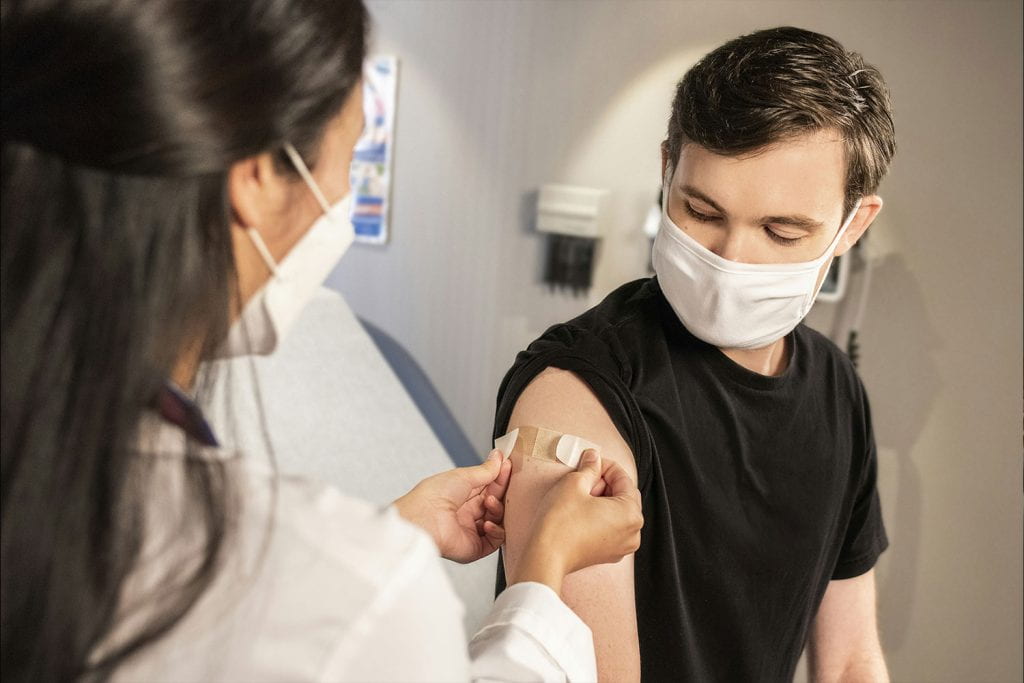What to Do if You Have a Respiratory Illness

When You Are Ill:
Stay home and away from others (including people you live with who are not sick) if you have respiratory virus symptoms. If you are immunocompromised or at high risk for complications, please contact your health care provider as soon as possible for close monitoring, and do not wait for symptoms to worsen.
Symptoms can include fever, chills, fatigue, cough, runny nose, and headache, among others. You can go back to your normal activities when, for at least 24 hours, both are true:
- Your symptoms are getting better overall, and
- You have not had a fever (and are not using fever-reducing medication)
Even if you are feeling better, you may still be able to spread the virus that made you sick. You can also spread the virus if you never developed symptoms.
Protect yourself and those around you by taking enhanced precautions for five additional days after resuming normal activity. This includes:
- Wearing a high-quality face mask when around others
- Practicing appropriate hygiene by diligently washing your hands, covering coughs and sneezes, and cleaning high-touch surfaces
- Increasing air ventilation in shared spaces
- Avoiding crowded areas
- Testing for COVID-19 when you will be around others
If you develop a fever or start to feel worse after you have gone back to normal activities, stay home and away from others again until, for at least 24 hours, both are true: your symptoms are improving overall, and you have not had a fever (and are not using fever-reducing medication). Then take added precautions for the next five days.
Manage your Symptoms:
Please contact your primary care clinician for medical guidance if needed. The CDC also offers basic guidance for self-care while ill with respiratory infections.
Although most symptoms can be managed with Tylenol or Motrin, rest, and fluids, some people experience severe symptoms. If you need to discuss medical treatment options beyond the standard Tylenol and Motrin, please contact your primary care provider immediately. If you are hospitalized as a result of your illness, please notify your primary care clinician.
If you experience any of the emergency warning symptoms below, please call 911 or go to your nearest emergency room. Emergency warning symptoms of serious respiratory infections and complications may include:
- trouble breathing,
- persistent pain or pressure in the chest,
- new confusion,
- inability to wake or stay awake,
- pale, gray, or blue-colored skin, lips, or nail beds, depending on skin tone.
Please contact your health care provider or use the Commonwealth of MA telemedicine site if you are interested in seeing if you are a candidate for antiviral treatment. If you do take a course of Paxlovid, please contact your primary care clinician.
If you begin to experience a return of symptoms after a course of antiviral treatment, please contact your primary care clinician for next steps.